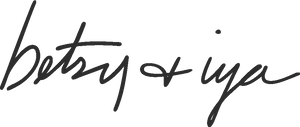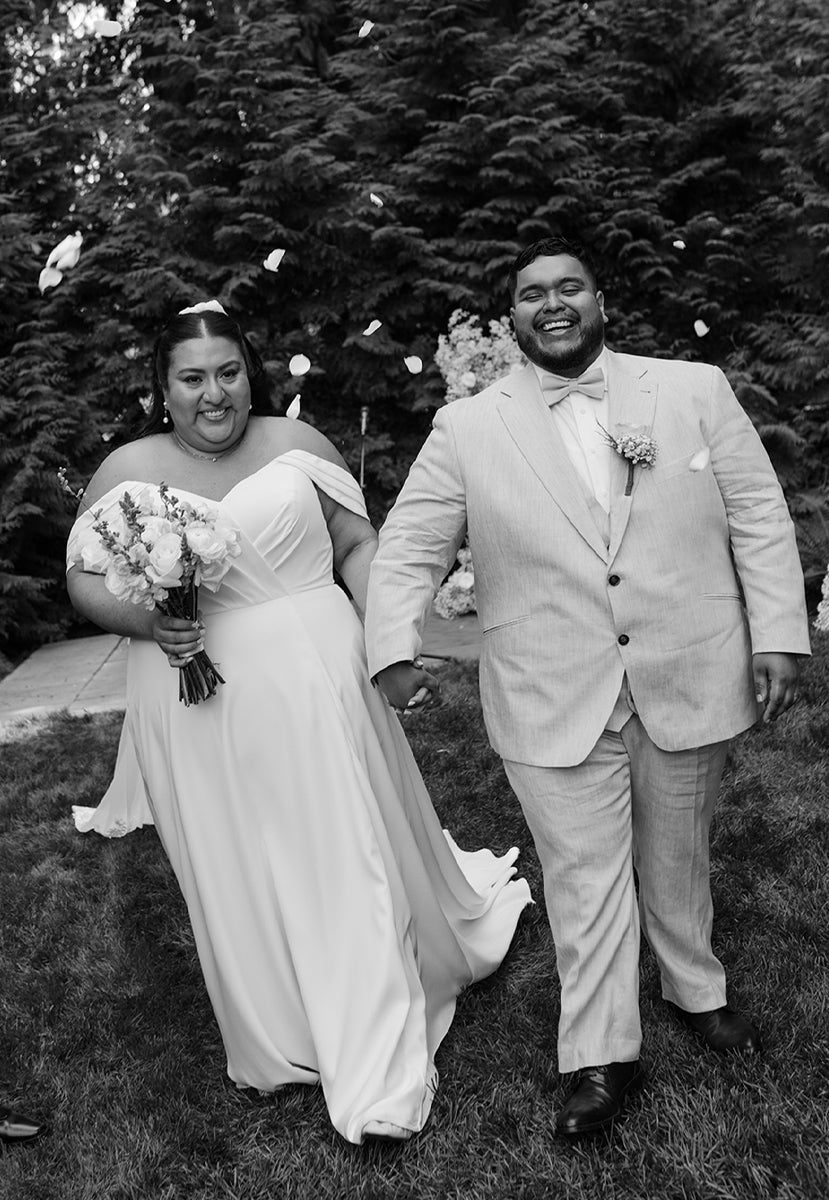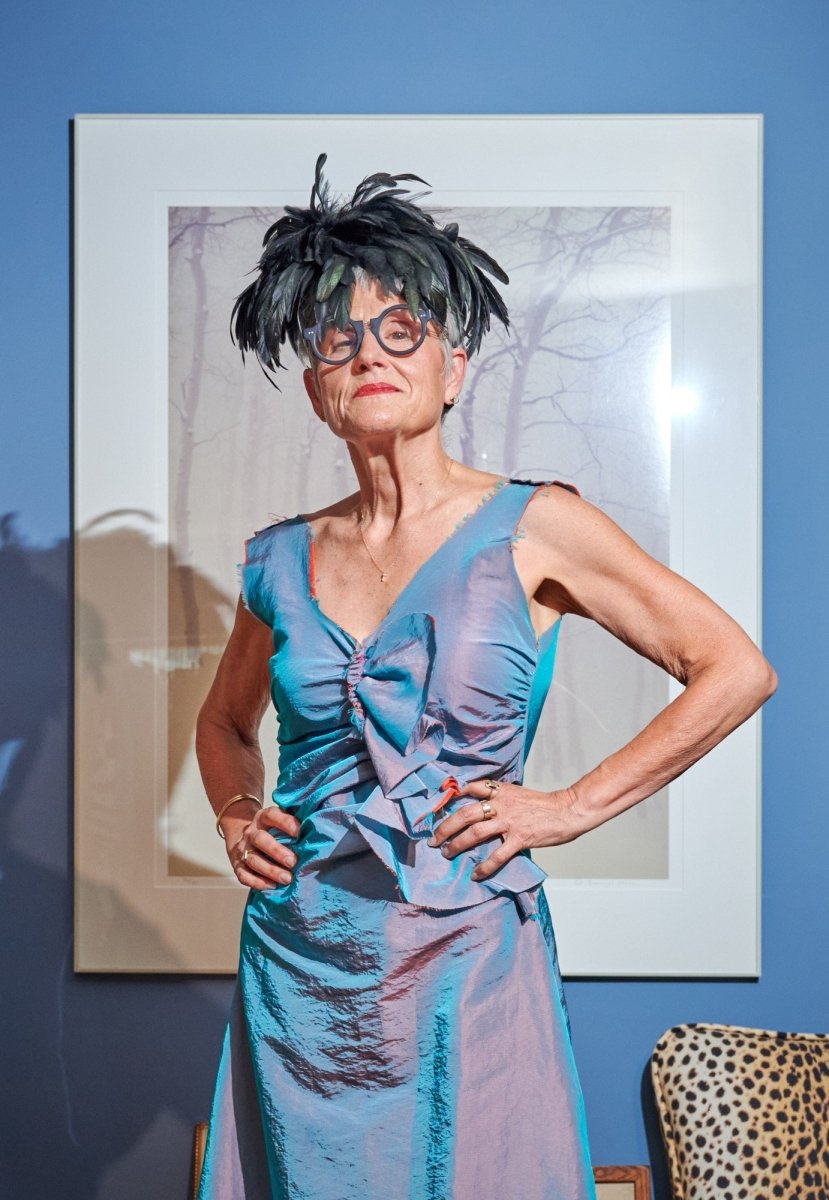By Frayn Masters | 1/27/2023
Most anyone in Portland who has been to an event, or needed help organizing one, knows of The First Lady of Hustle, the beret-forward, generous with connective energy, Connie Wohn: event conjurer extraordinaire.
The thing about Connie is she never woke up one day and said, “I think I’m gonna be an event producer.” A few years into organizing events on an ever-larger scale, it occurred to her, “Oh, yeah, I guess I am one.” Inside this ease of living moment to moment lies Connie’s gift of being able to speak to both the big picture and the pixels that shape the image – framed and contained all at once in her head. In a relaxed matter of fact tone she says she has really never been intentional in her path her whole life. Though, she says, she admires people who have an intentional path of being a doctor or stockbroker for her, “it has always been instinctual and organic; I do what feels like the right next thing to be doing” and these instincts became even stronger over the last few years with the lockdown and protests – we all had more time alone to contemplate how we move forward.
Starting from a young age, Connie has had that ability to pick up the breadcrumbs her unconscious laid out — paying attention to her needs, then sussing out what seems necessary to fulfill them. As an only child, Connie needed kids to play with. So, when she was 6 or 7 years old, she would knock on a door and be like, ‘Hey, can Cosme come out and play?” eventually gathering all the neighborhood kids together. She got to know the parents, too. Cueing into their need for specifics, she was able to up the chances for play time lasting longer, saying “I want to play kick ball with Cosme today, don’t worry he'll be home in time for dinner.” Even as second grader, through natural attention to organizational details, she became the de facto neighborhood event planner of play time.
Maybe this skill for putting her ear to her unconscious mind is deeply woven into Connie’s DNA. Maybe it was her seeking to find a center in her Korean American identity when growing up in a suburb of Denver, where the blond cheerleader aesthetic was the predominant ideal (that she even, having empathy for her younger self, wished for on occasion). Or maybe it was both but Connie’s trust of her intrinsic internal voice is the key to making the moves forward in her life. This realization of internal trust was not something she saw about herself or was aware of until much later.

“How can I open the doors to opportunities I have and give other people access that I have helped build, so they don’t have to go through the same struggles?”
Eventually, following this voice would lead her from organizing events for brands, shows, agencies and parties to a place that touched her soul more deeply, bringing people together to promote community activism.
While in college during the mid 90s, Connie did start out with a more bullet-pointed path. She got a degree in environmental studies with a minor in political science from University of Colorado Boulder and was on track to go to law school. So, what threw her off this trajectory? First, she says she was not great at taking tests; they make her anxious, so she didn’t score well on the LSAT. She also felt things shifting in her body, that she’d been a student for 4 years and now it was time for a change.
Moving to Portland in 1998 was one of those shifts. The move was prompted by a job in line with her environmental studies with OSPIRG an environmental watchdog group, worked at By The Bunch, a flower shop in Sellwood, and nannied. She did different things that weren’t necessarily career choices.
Then one day her friend December Carson, another well-known Portland figure who promotes artists and events — told Connie about a band-booking job in her PR firm. Had Connie done this kind of work before? No. But it felt right, so she said yes. So, there she found herself interning, eventually helping to book bluegrassy bands that played in venues like The LaurelThirst, like Jackstraw and Ashleigh Flyyn (both, she is excited to say, still musicians and playing to this day). All the other jobs fell to the wayside.

Connie pairs pops of blue with gold toned jewelry – A bold eclectic style, uniquely Connie. Shop her look here.
But her interest shifted away from booking when the hip hop band Boom Bam Project got in a snowy car accident during a tour she booked. Being an extremely empathetic person, she was unable to detach herself from that sort of responsibility. She realized it no longer suited her, again listening in on that internal voice.
Around this time, in the late 90’s and early aughts, DJs were playing every bar, restaurant, and laundromat. Connie followed her gut and made it her “flag in the ground to start curating DJs,” knowing the best of hip hop, electronica and so on for bar owners looking to book. Until she came along, there was no established way to know which DJs had loads of experience, and were pro, and who was best for which venue. “My goal was to be of service to the community. To say these are the people who actually practice DJing. They are very serious about their craft and genre.”
Turns out it was a killer idea. So she put out her own shingle as Stylus 503 (“stylus” being the part of the needle that touches the record). Solid. She repped still-going-strong Portland faves like DJ Anjali and the Incredible Kid, DJ Beyonda (now in LA) and many more tip of the tongue bands/DJs. It was fun — and a time to stretch her legs, continue to ask herself who she is, who she could be, and how could she use these skills she had developed.

Connie has us smiling from ear to ear. She wears the Bellus stud earring in tourmaline (left), and the Alma and Dea rings (right). Shop Connie's look here.
Connie had empath skills, she cared about community, and she possessed an ease of gathering people together with an eye for the details. But, Connie emphasizes again, the concept of following her instincts at this time, her mid-20s living paycheck to paycheck, was not a known quantity about herself.
A new breadcrumb was dropped.
Through Stylus 503, people started booking DJs for events. Connie inquired about each event’s specifics with an eye on sending the right DJ into a cohesive event. And a bit to her surprise, some people did not have the details buttoned. “You don't want an electronic DJ to start when people walk in the door because it's 7pm and no one's had a drink. That’s not the right energy. You gotta warm up to things a little bit.” So, very organically, she asked if they wanted help with that part, too. And they said YES. Suddenly she is helping people organize whole events for “pennies on the dollar,” because she was still developing her sense of value in doing this work.
Fast forward to Connie being a professional event producer. “It just kind of happened because I took that chance on booking DJs,” she said.
But now, with a deeper awareness of herself and what this trust of her voice means, there has been monumental shift on the conscious level. Looking back, she was booking bands with a Coloradan accent, and she saw this as maybe an advantage — that they couldn’t tell she was Korean. She’d meet these people she’d been instant messaging, faxing, and on the phone with at big music conferences like CMJ or South by Southwest, and was met with surprised looks of, ‘OH! You’re Asian!” Back then it was a thing to get away with, she says. She doesn’t feel that way anymore.
“I don't even think I had the understanding of the words, but I wanted to be accepted as white. I wanted to be a blonde white cheerleader. There has been a common thread that through my entire career that I have fought to be in rooms and at tables and on events that in my opinion, probably just put me closer to that opportunity (proximity to whiteness).”

Looking back at her youth in Denver, she says she can now decode not being accepting of her culture or what she looks like. “I don't even think I had the understanding of the words, but I wanted to be accepted as white. I wanted to be a blonde white cheerleader. There has been a common thread that through my entire career that I have fought to be in rooms and at tables and on events that in my opinion, probably just put me closer to that opportunity (proximity to whiteness).” Unpacking and understanding that, then really shedding those narratives has led her to, “this deep acceptance of my culture and who I am and desire to be. To be very proud about my culture and (wish to) not have that be at all hidden.
Being a producer and being an event coordinator is a profession that is very demanding, not just energetically and physically, but also emotionally and mentally.
Like a lot of us, during the consciousness-raising George Floyd marches, Connie had time to further look at herself in the career mirror, and harness that momentum to step into a more direct role of impresario to community change. “I've always had this conversation about politics in my brain and my heart and my interests,” she says. Upon that reflection, her mission to “help Portland rebuild, reclaim, and re-energize” in a more equitable way came into view. She saw ways to create a deeper connection between event planning and community organizing.

Connie calls the shots during an event at The Redd. Shop her look here.
“I've always wanted to be using my special powers for good. As an event producer I’ve largely built my career on throwing really cool parties for really cool kids.” Now following that more conscious intuition, she, along with 19 other people, has made a demanding 18-month commitment as a member of The Police Accountability Commission, and she is consulting on events for the Old Town Community Association. Her belief is that if the health (and community) of Old Town can be improved, then that will translate into a blueprint for how to rebuild the health of (many more) great Portland neighborhoods. And coming back full circle to her early interest in law, Connie supports and works with the Policy Action Network for the Oregon Justice Resource Center, OJRC, an organization that promotes civil rights and improve legal representation for underserved communities.
And it makes sense that with all her music industry knowledge Connie is also on the board for Friends of Noise. A BIPOC youth musician and poet focused non-profit focused on building an inclusive all ages music scene.
Connie continues to find other little crevices where she sees community organizing is event planning and vice versa. She hopes that other people who come into event planning will be able to see things through many different points of view and truly explore their own style. After having endured a lot of challenges and setbacks in arriving where she is now, she says she “wants a whole new table and wants it to be primarily women, LGBTQIA, and people of color.”
“How”, she asks herself, “can I open the doors to opportunities I have and give other people access that I have helped build, so they don’t have to go through the same struggles?”
PRODUCED BY FRAYN MASTERS
PHOTOS BY AARON LEE
Many thanks to Connie as we followed her on-site at the Catalyst Summit by Kinesis at The Redd on Salmon. You can find Connie on Instagram, and contact the Lady of Hustle herself on her website, We Are Party Animal.



